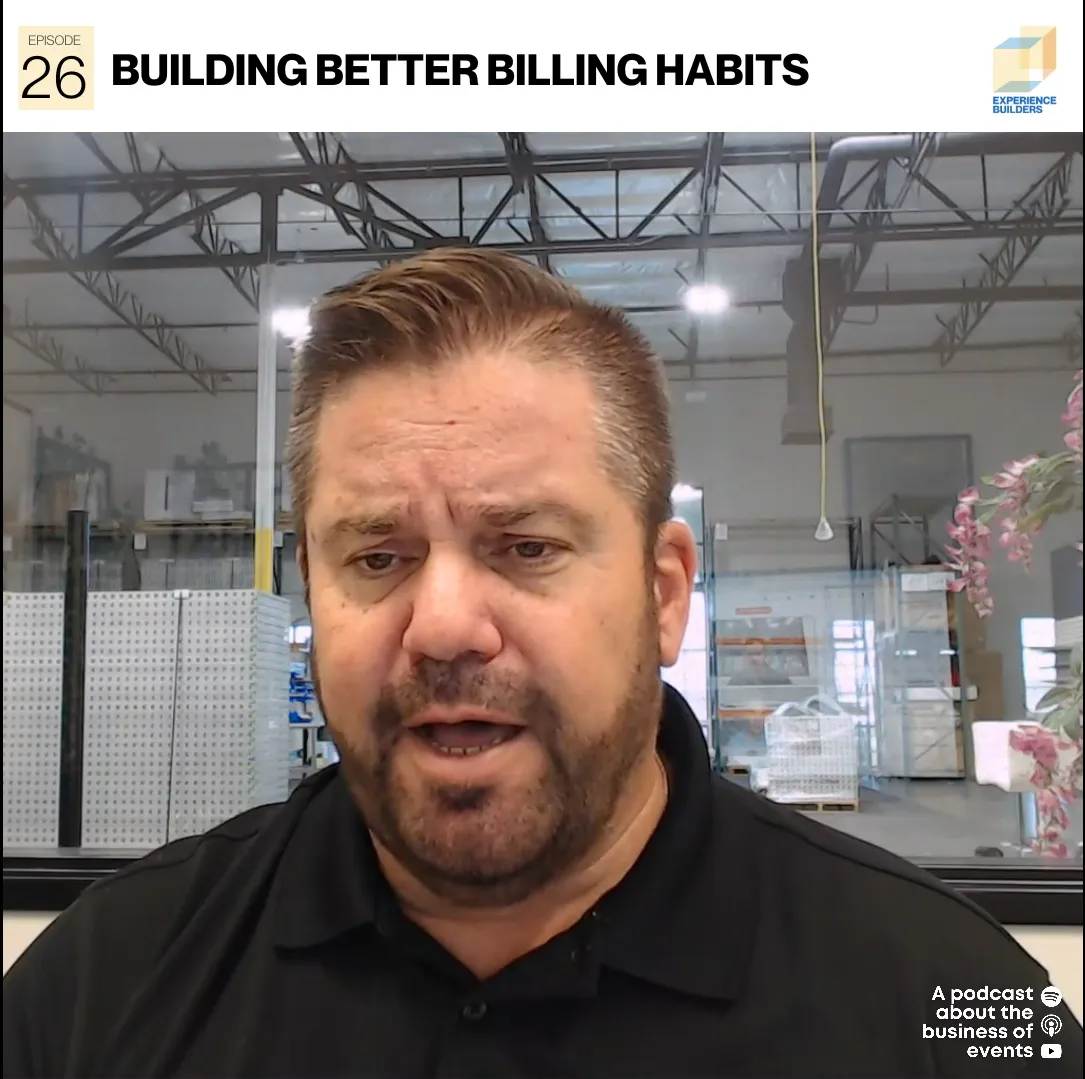As a die-hard fashionista, I hated to learn that fashion is the world’s third most environmentally damaging industry. In an effort at fashion reform, the eighth annual Eco Fashion Week (EFW) was presented in Vancouver, Apr. 27-29. Under the banner “Fashion for Life, Not for Waste,” EFW sought “to educate the Apparel and Textile industry on how to shift towards more healthy ways to design, manufacture, distribute, market and sell their products. EFW also informs and educates the consumer on how to buy, use and dispose of the clothes and accessories in an ethical manner by incorporating a non-patronizing education aspect into each brand.”
Among the event’s highlights was a presentation by Pierre Börjesson, H&M’s senior sustainability specialist. H&M recently launched its own sustainable clothing line. Börjesson also spoke to attendees about H&M’s Garment Collecting Initiative, a program that invites customers to donate unwanted clothing to be given a second life.
The average North American throws away a startling 68 pounds of clothing and textiles every year. Young Oak designer, Tammy Joe, accepted the challenge of designing a collection from 68 pounds of clothing from thrift retailer Value Village, thus spearheading another event feature, the Value Village 68 Pound Challenge.
Eco Fashion Week wrapped with a charity shopping night. A portion of proceeds went to the Obakki Foundation, the designer label’s charitable organization founded to provide education and clean drinking water in Africa.
While Eco Fashion Week’s efforts to open meaningful dialogue among the world’s designers and make way for the advancement of sustainable fashion is admirable, there has been some criticism about the level of sustainable standards practiced at the event itself.
The organization did, however, earn praise for choosing an event venue with high ecological standards, the Fairmont Waterfront Hotel. The hotel has earned both Five Green Key hotel and Four Green Key meetings ratings from Green Key Global, an independent environmental ratings organization for hotels and meetings venues around the world.
The Fairmont Hotel & Resort’s Eco-Meet Program helps planners to reduce their meetings’ carbon footprints through choices like sustainable menu options, disposable-free food and beverage service, and a program for donating leftover food to local charities. The facility has high standards for energy and water conservation as well as waste management. In 1991, the hotel planted one of Vancouver’s first rooftop gardens, which now contain 60 varieties of herbs, vegetables, fruits and edible flowers used by the hotel’s kitchens. In 2008, the hotel introduced 500,000 honey bees to the garden to help increase plant pollination and produce organic honey.
EFW succeeded at bringing public attention to the ways in which the fashion industry is a global, environmental offender. The industry is struggling to find solutions to problems like the excessive use of pesticides and other harmful chemicals, the shameless exploitation of child labor as well as the waste produced by fickle fashionistas. Here are some surprising facts published by an organization called The World Counts:
Up to 8,000 chemicals can be used in the production and processing of textiles – for dyeing, treating, printing and finishing.
More chemical pesticides are used for cotton than for any other crop. Cotton accounts for 16 percent of global insecticide releases. 60 percent of the world’s cotton is used for clothing and another 35 percent for home furnishing.
Often, child laborers are directly involved in cotton pesticide application. Usually with no protection at all.
More chemicals are used for cotton than for any other crop, and cotton production requires so much water that it has nearly made a whole sea disappear.
The Aral Sea was once the fourth largest lake in the world, but now virtually gone – mainly because of cotton cultivation. It has been called one of the planet’s worst environmental disasters by the UN.
Instead of the lake, 43 million tons of pesticide-laden dust is blown into the air every year. The Aral Sea region suffers from the highest rates of throat cancer in the world – representing 80 percent of the cases of cancer.
Eco Fashion Week demonstrates that the seemingly small choices we make every day can have a far-reaching impact on our environment. As large consumers, businesses have an even greater duty to use eco-wisdom in purchasing decisions.
Green Tip:
Better understand the environmental impact of clothing and other consumer goods at theworldcounts.com.
Learn more about the Aral Sea crisis at aralseadisaster.org.
For greener shopping alternatives, check out green.ebay.com.





















